Quebec premier announces 2-year inquiry into treatment of Indigenous people
Announcement comes after months of public pressure
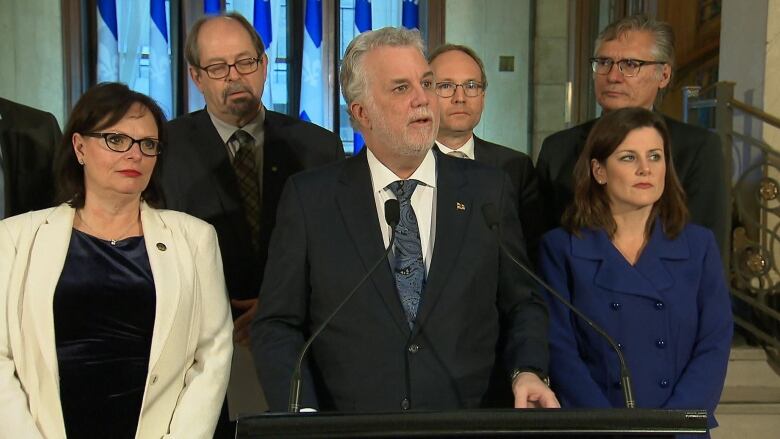
After months of public pressure, the Quebec government has confirmed it will launch a public inquiry into thetreatment of Indigenous people in the province.
Premier PhilippeCouillardannounced Tuesday afternoonthe inquiry will focus on how Indigenous communities across the provinceare treated by various public bodies, including the police, correctional services, youth protection and healthsystems.
"We propose a forum that will allow us to address these issues and to analyze, without prejudice, without complacency and independently, the actions that must be taken so that everyone can live in a climate of trust rather suspicion and worry, of openness rather than contempt ofreconciliation and progress,"Couillardsaid.
We are rejoicing this afternoon, we are savouring the moment.- Edith Cloutier,executive director of Val-d'Or's Native Friendship Centre
The commission of inquiry will look at the last 15 years of Indigenous and provincial relationsand hold audiences with Indigenous people, police and other affected communities in Val'd'Or and, if the commission deems it necessary, other regions in Quebec.
It is expected to be completed byNov. 30, 2018.
Retired Superior Court justiceJacques Vienswillpreside over the commission of inquiry, an appointment that was made in consultation with First Nations, Couillard added.
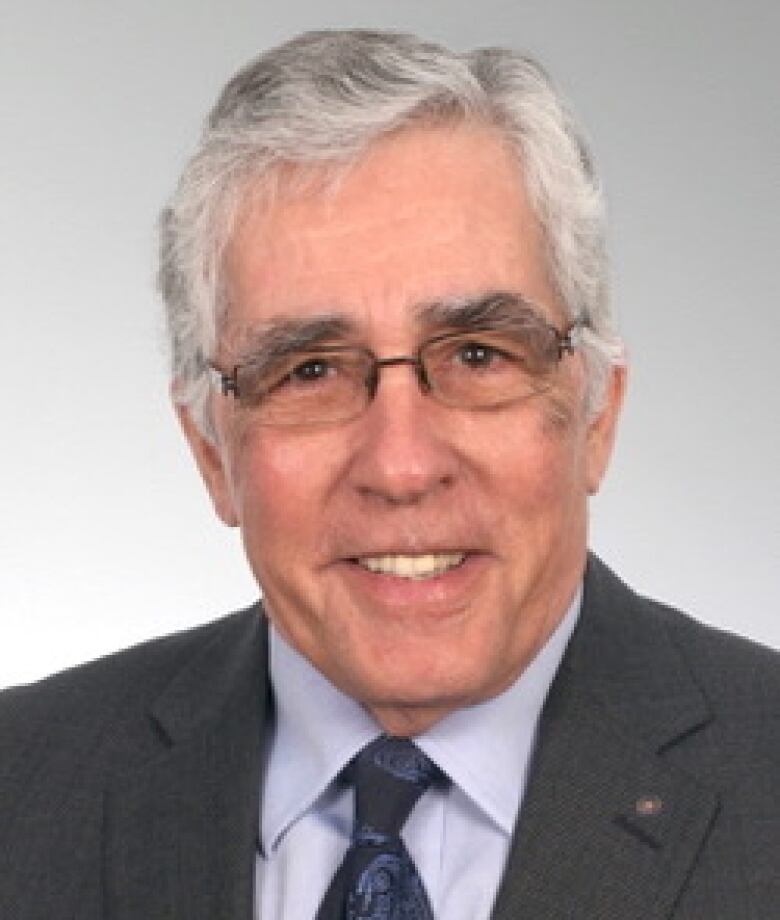
The retired judge preferred not to comment on his appointment immediately, but indicated vianews release that the next few weeks would be dedicated to assembling thecommission and establishing a plan.
Viens notably dedicated 25 years of his career to the judiciary district of Abitibi, aregion that encompasses the northern Quebec town of Val-d'Or, where a Radio-Canada investigation revealed allegations of police abuse against Indigenous women.
Initial calls for an inquiry grew louder last month after an investigation into the allegations concluded there wasno evidence to chargethe provincial police officers accused of wrongdoing.
Quebec'sIndigenous leadersspoke withCouillardon multiple occasionsto make their case for an inquiry.
ThoughCouillardinitially resisted the pressure for an inquiry, he appeared torelent last weekwhen thenational inquiry into missing and murdered Indigenous women and girls said it wouldn't be able to study the problems inVal-d'Orin any depth.
Couillardsaid the provincial inquirywould not re-examine the allegationsof police abuse inVal-d'Or, but would look into systemic relations in the region betweenpolice and Indigenous people, as well as complement the federal inquiry.
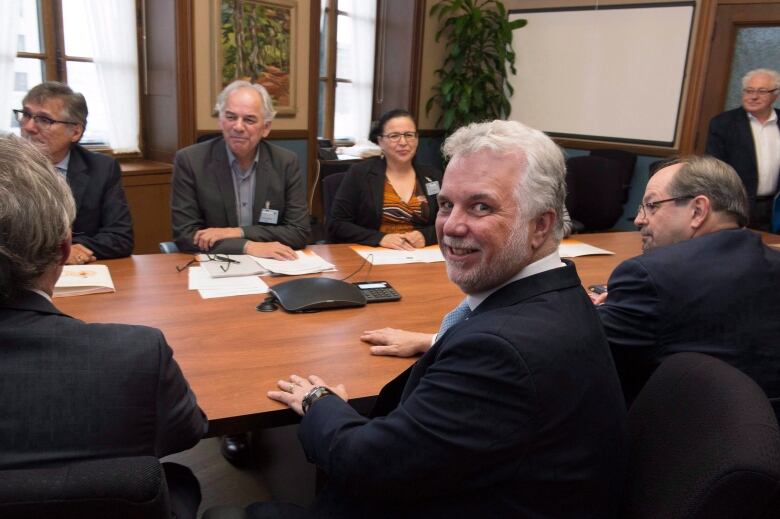
Women in Val-d'Or 'rejoicing'
The Crown's decision not to charge any of the provincial police officers mentioned in 37 complaintscast doubt on the Quebecgovernment's ability and willingness to protect Indigenous women.
But on Tuesday, Indigenous women gatheredatVal-d'Or's Native Friendship Centre to hear the announcement were "rejoicing."
"The mandate goes above and beyond relations [between Indigenous people] and police officers. We will address this whole sensitive and delicate question of systemic racism," the centre's executive director EdithCloutier said.
"We're savouring the moment."
Ghislain Picard, chief of the Assembly of First Nations of Quebec and Labrador, welcomed the announcementand applauded "the courage of the women at the centre of this process."
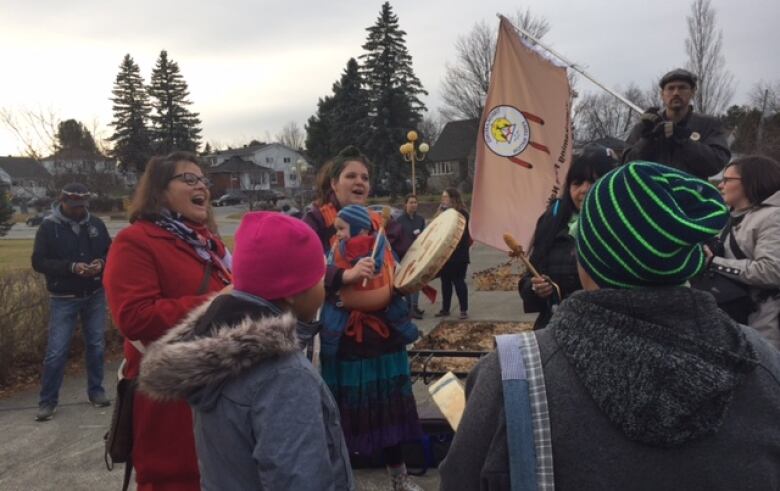
"It is thanks to them today that we have reached this stage of recognizing that discrimination and systemic racism is a priority and that measures must be put in place to combat them in Quebec," he said in a statement.
Nakuset, executive director of the MontrealNative Women's Shelter, echoed her approval of the "amazing" news, but said that the success of the inquiry would largely depend on whether the commission's front-line workersunderstand the effects of colonialism, residential schools and trauma.
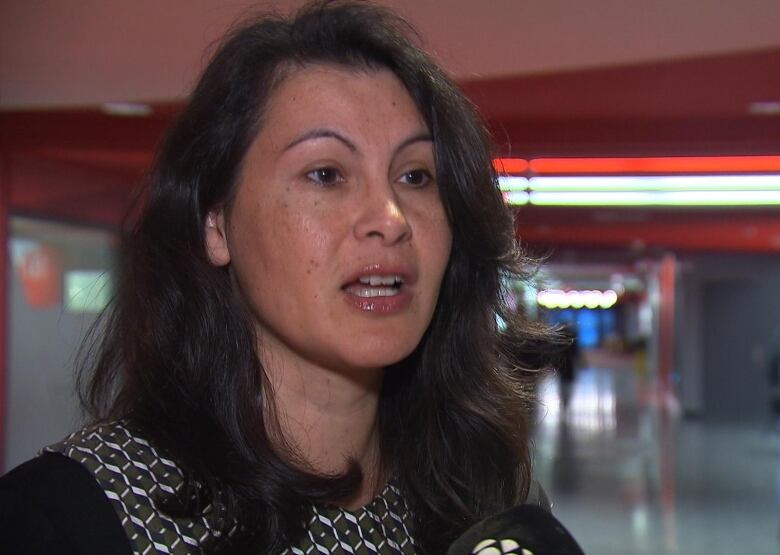
The inquiry's focus on the Val-d'Or area is "definitely needed," Nakuset said, but the lack of certainty over whether systemic racism in other parts of Quebec would be looked into was disappointing.
"It's definitely happening here in Montreal," she told CBC News. "We see it every single day."
'What we want is accountability'
In the aftermath of the Crown's decision, Indigenous leaders and community members expressed their unwavering support forthe dozens of women whofelt their trauma went unacknowledged.
Meanwhile, the Sret du Qubec, the province's police force,continues to denyany wrongdoing and is suing Radio-Canada for $2 million in damages for airing allegations of abuse.
Quebec Justice Minister Stphanie Valleemphasized that thenearly two-year long inquiry would be informal, so as to "allow Indigenous women, members of Indigenous communities, police officers and other stakeholders to express their experiences and concerns under a less strict framework."
Valle reiterated more than oncethat the inquiry's goal wasn't "to find the culprits."
"We are looking to listen, to reconcile and to progress, not to place blame," she said.
For Nakuset, the government's resolve not topoint fingers makesit impossible for the women of Val-d'Or to feel vindicated.
"It's almost like they're silenced again," she said.
"What we want is accountability."












_(720p).jpg)


 OFFICIAL HD MUSIC VIDEO.jpg)
.jpg)



























































































